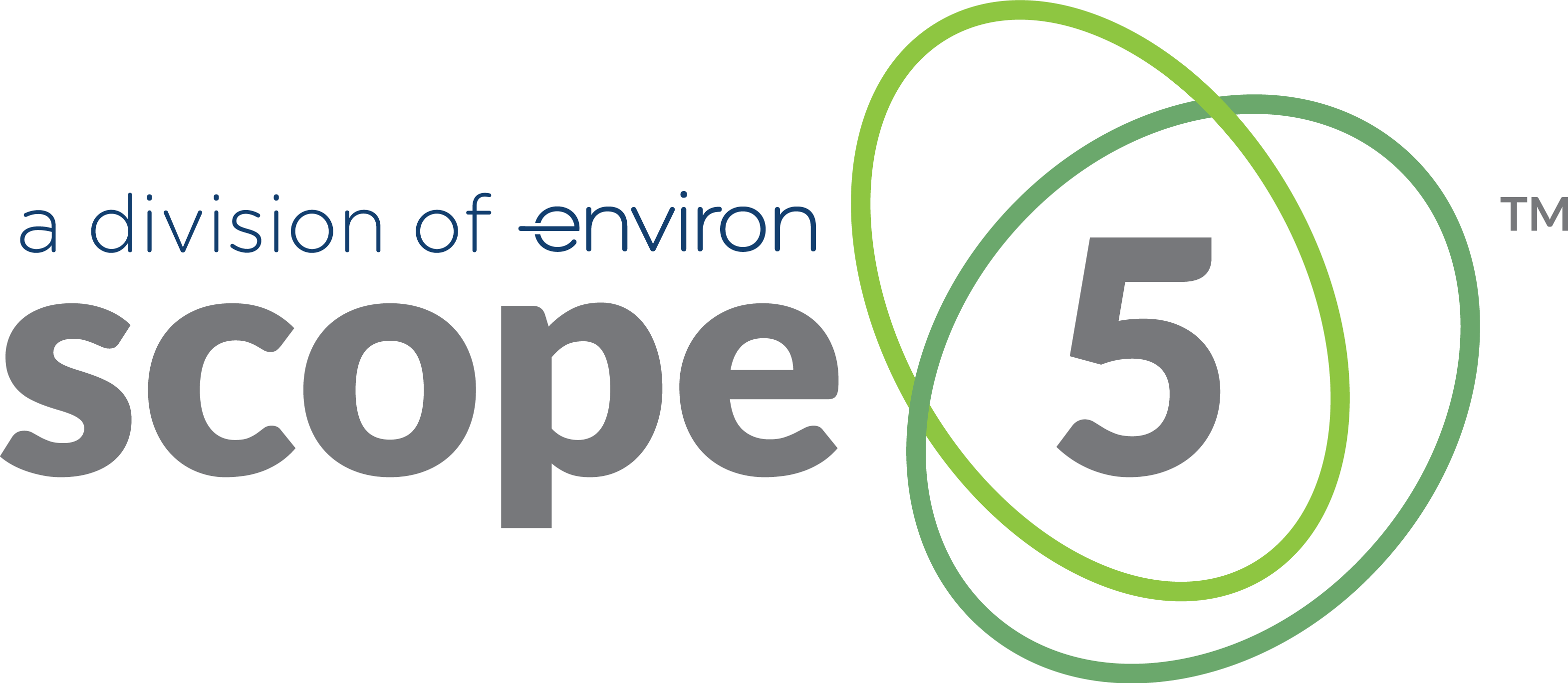Local People, Local Data
I didn’t think it was possible to save $50,000 in one business unit simply from turning off the lights. I’m not an expert on energy, so I simply asked for volunteers to track their energy data…and I gave them an easy way to track it.
At the time I was leading the environmental effort at Expeditors, a large international logistics company headquartered in Seattle. My boss had been emphatic that we approach the environment in the language of our company culture, where each business unit has control over their own profit and expenses. My task was to figure out how to incorporate environmental data into those business decisions. Corporate mandates weren’t generally a part of the company culture. We needed the field to buy in, so we asked leaders in each region for employees who were passionate about the environment to lead green teams in each of our offices around the world. These teams collected energy and fuel data and sent that to me via spreadsheets to roll up into a larger greenhouse gas footprint.
This approach yielded a lot of passion and a lot of data. It worked, getting the offices started tracking data and enabling Expeditors to report to Carbon Disclosure Project. But I realized that this approach was failing me in a few areas. It took me several months to crunch the numbers in the spreadsheets and I suspected that the time lag in reporting back to the green teams was leading to a fire and forget response that would erode their goodwill over time. Why would they keep collecting and sending me data if it took me that long to get back to them. I feared that time lag was keeping them from understanding whether their improvement projects (switching out light bulbs, turning off lights, composting), were working based on measurable data (reduced kilowatt hours, reduced yards of garbage, cost savings).
Then I found Scope5 (or they found me, but that’s a different story). I didn’t have a budget for purchasing software, but Scope5 assured me that could get the data into the hands of the local people to make decisions with the data immediately – no more lag time, no more spreadsheet number crunching hell. I was able to make an ROI case to my management that purchasing Scope5 would be cheaper than the time they were paying me to wade through spreadsheets, although the real value, I came to understand later, was in putting the data into the hands of the local green teams.
A year after purchasing Scope5, the green team in our El Paso office shared their story in a green team conference call. They weren’t energy experts either, but once they started tracking their kilowatt and cost data, they started brainstorming how to reduce it. For them, it was as simple as understanding how to turn off lights in areas that weren’t a security concern in hours when no one was working. Their experience has been replicated in many other offices in Expeditors network where local people are using their local data to make decisions that make business sense and environment sense.
You don’t have to have all of the answers. Go ahead and get started.
Derek’s Eisel co-founded and led the environment program at Expeditors, a Fortune 500 global logistics company headquartered in Seattle, for five years. He recently left Expeditors to join Scope5, where he is now selling the software he used at Expeditors. Follow him on twitter @DerekEisel or contact him: team@Scope5.com, www.Scope5.com, www.linkedin.com/in/derekeisel/
